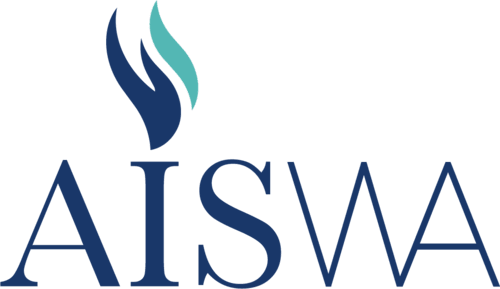'Languages' is the current state and nationally agreed term for the learning area that was formerly referred to as 'LOTE' (Languages Other Than English). 'Languages' has been in use for over a decade and is reflected in state and national curriculum documents including the 2008 Melbourne Declaration on Educational Goals for Young Australian, the Australian Curriculum and the Western Australian Curriculum.
Yet the old nomenclature is still being used in many of our schools. While second language teachers have become accustomed to defining their role as an Italian or Japanese Teacher; school timetables, websites, name tags and other signage still use the outdated acronym of LOTE. The term is still widely used in the USA, while 'MFL' (Modern and Foreign Languages) is the equivalent acronym used in the UK.
Languages or LOTE? Modern and Foreign? Language A or B or Language Acquisition? Does it really matter what term we use to describe second language learning in schools?
For those who speak, learn and teach language, English and other, it does matter. Language is central to identity and to learning. For that reason we need to think more deeply about the labels we give to languages and the impact this will have on our students and communities. When the languages we grow up with are referred to as ‘other’ or ‘foreign’, it fosters a sense of exclusion and difference. For the one million Australians who speak Chinese, the settings of their language use are more likely to take place in a suburban home of Melbourne or Perth rather than in some faraway land. Notions of language ‘otherness’ and ‘foreignness’ are truly challenged when we consider the 250 First Nations languages that have been spoken on this land for tens of thousands of years. If our languages are measured against the ‘norm’ of English, bilingualism is often perceived through a ‘language-as-a-problem’ lens (Baker & Wright, 2017). A more recent holistic orientation on bilingualism, one that provides evidence of its cognitive, social and health benefits, is commonly known as the ‘multilingual turn’.
While delivering the 2018 Nick Norris Memorial Lecture, Professor Krishna Sen cheekily quipped “I grew up speaking LOTE! 95% of the world’s population speak LOTE” to highlight that such naming takes away the complexity and richness of all the “great languages of the world”:
“The way we name something allows us to frame how we talk about it. Everything, every word, every concept we use has political implications. ‘LOTE’ isn’t an ideal name if we want to change the status of Languages in the curriculum” (Sen, 2018)
In Australia, policy makers took the positive step over a decade ago to change the name to the Languages, a term that is more inclusive, broader and suggestive of literacy objectives, rather than an object of otherness. It is up to us in schools, to ensure that the name 'LOTE' remains at bay and to educate staff, students and parents why we insist on calling it 'Languages'.
Kate Reitzenstein
AISWA Languages Consultant

